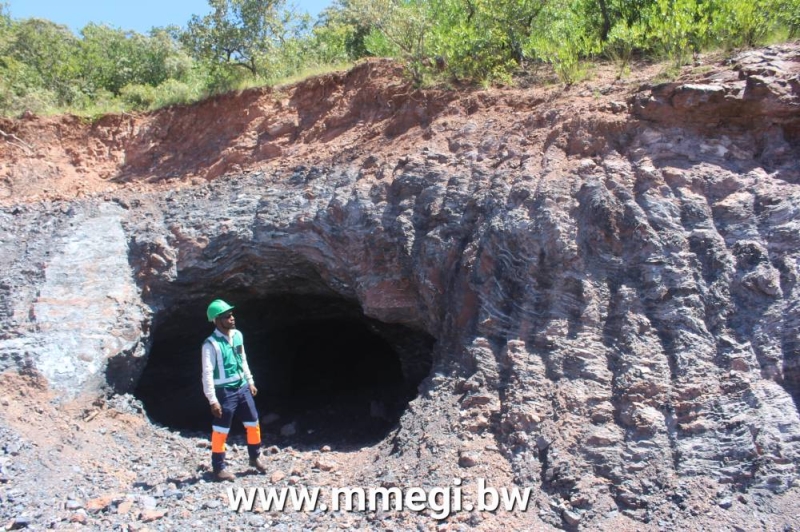Giyani secures Kanye manganese mining licence
Mbongeni Mguni | Wednesday September 18, 2024 16:56


In a statement to regulators earlier, Giyani directors said the licence’s award would support production of battery-grade manganese at a demo plant in Johannesburg from the fourth quarter of the year.
“The product from the demo plant will be used for offtaker qualification, a vital step before offtake agreements can be signed,” officials said.
Giyani's mining licence covers an area it estimates has a net present value of $984 million, as manganese prices and the mineral’s popularity soar due to its use in the electric vehicle battery industry.
Giyani intends to produce high purity manganese sulphate monohydrate, a precursor material used by lithium-ion battery manufacturers for the electric vehicle market.
Besides Kgwakgwe Hill (K-Hill) in Kanye, Giyani is also reviewing resources in Otse and Lobatse. All three sites were previously mined in the 1960s and early 1970s using the rudimentary methods and technology available at that time.
Early this year, Giyani secured $26 million (then P353.6 million) in funding which was needed to move the K-Hill project to a final investment decision.
The K-Hill project is being eagerly monitored by government, which is keen to move into the electric vehicle ecosystem. For government, the manganese project also represents an opportunity to expand the country’s mineral production beyond its dependence on diamonds.
